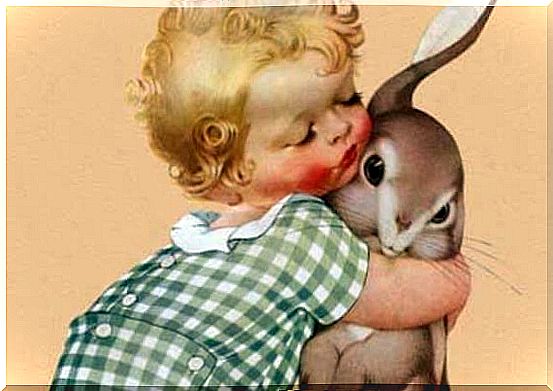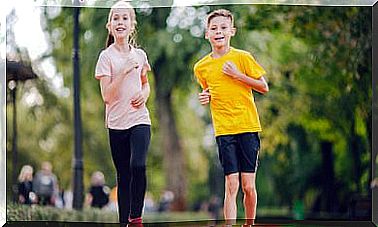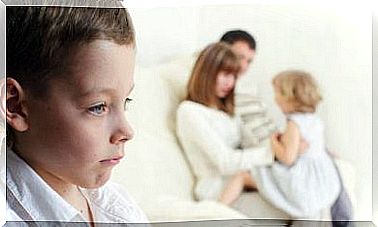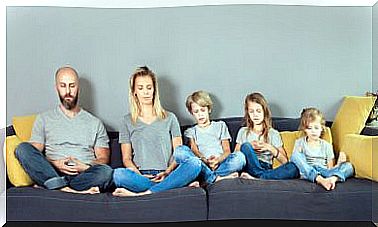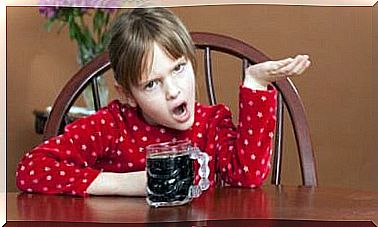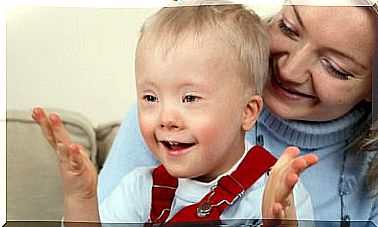Nicknames In Children Can Turn Into Bullying
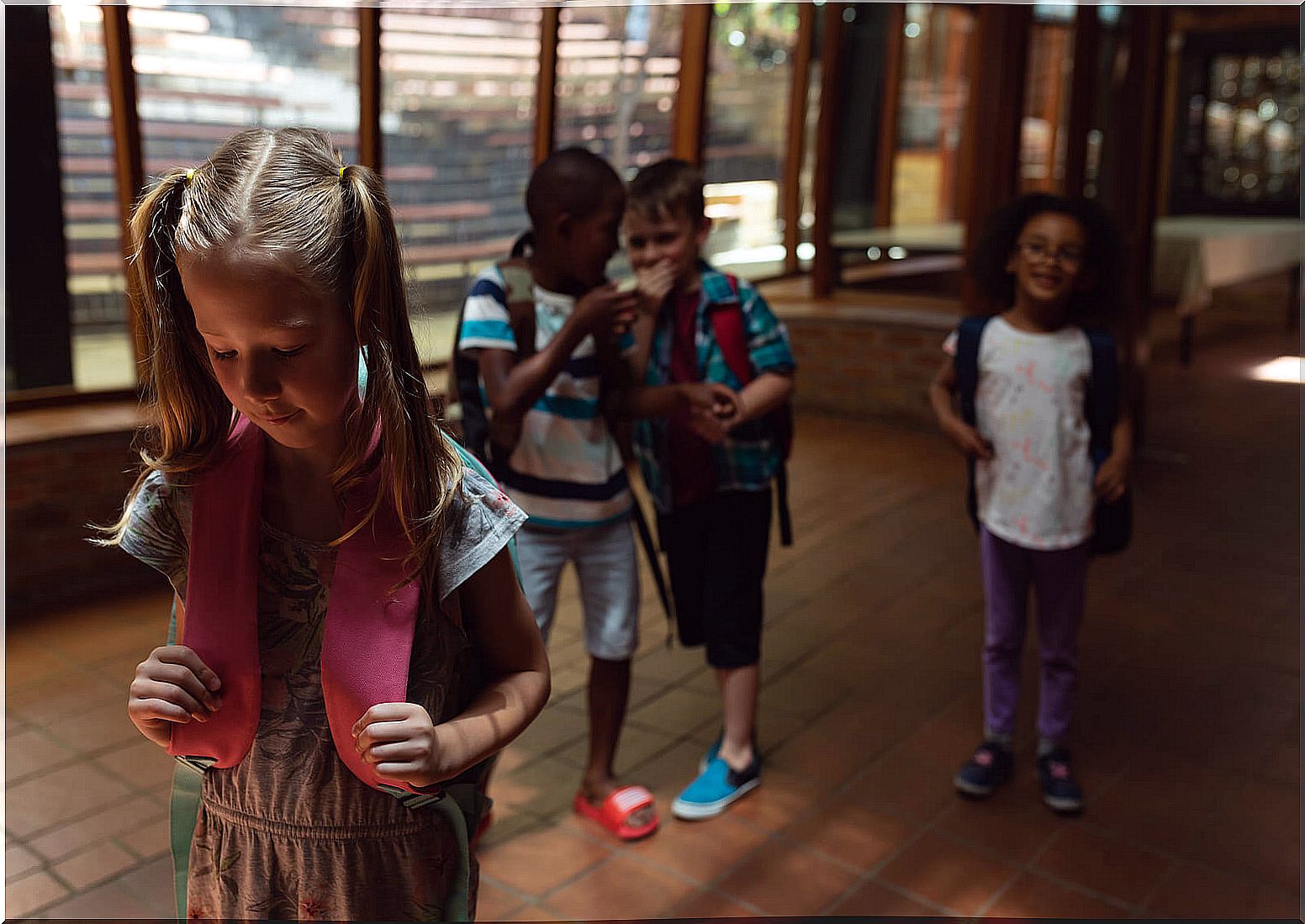
Sometimes nicknames or nicknames are used to refer to some people, they focus on a specific characteristic or simply because their family was known by that nickname. Nicknames in children often do not have a negative intention, although they end up annoying the recipient.
Nicknames, in most cases, try to highlight some physical or behavioral defect, and can annoy and offend the recipient, and there are children who use them to laugh and hurt. This, done continuously, can end up becoming bullying or bullying .
What consequences can nicknames have on children? When did nicknames turn into bullying? What can be done in this situation? If you want to know more about this topic, read on. Do not miss it!
Consequences of nicknames in children
Although these nicknames, in principle, do not have the intention of causing bullying or harming the other, on many occasions, they produce negative consequences that can increase if they do not intervene before.
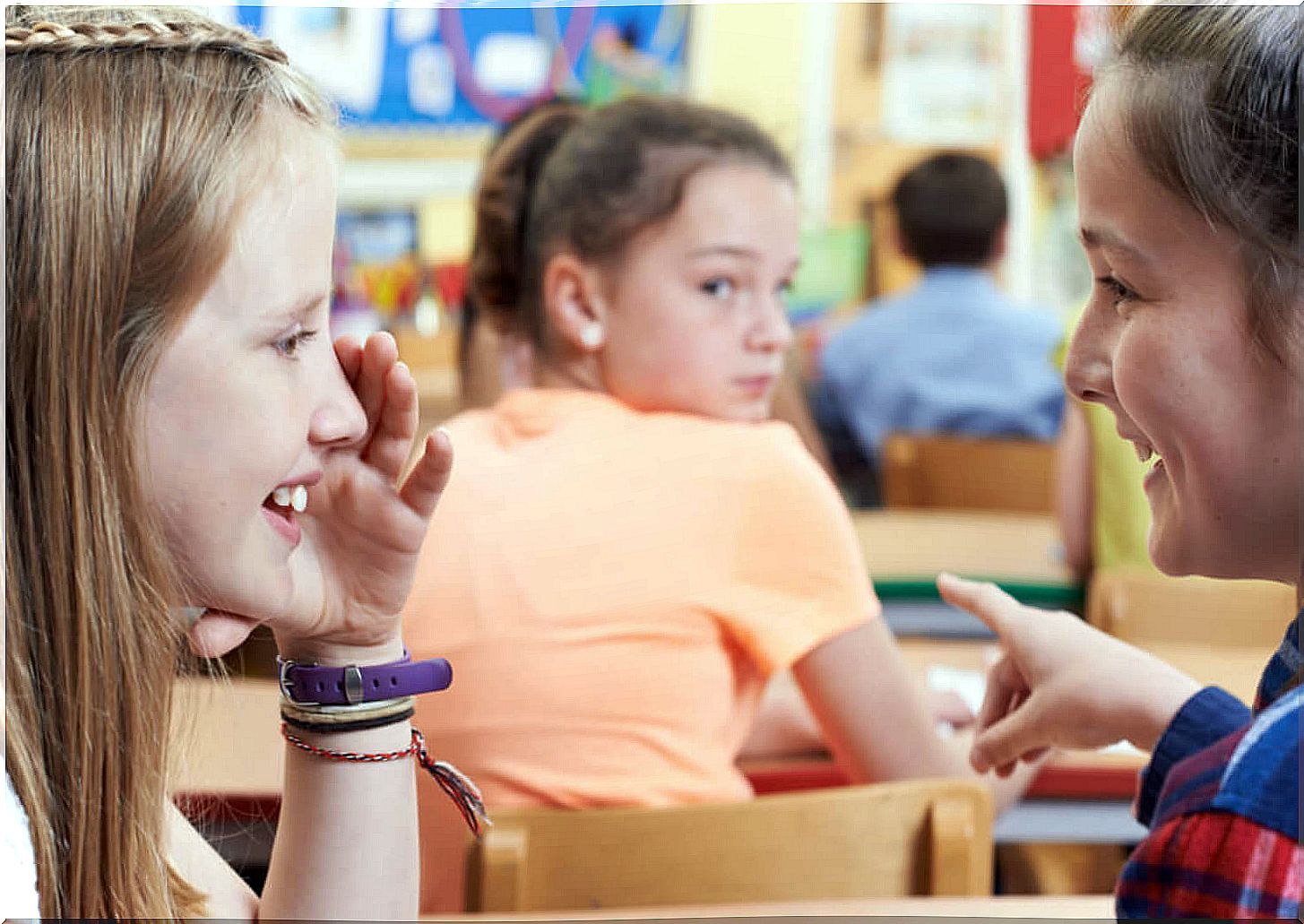
Some of these consequences may be
- School failure . Children who are given nicknames and end up being the object of laughter lose interest in studying and do not want to go to school.
- Low self – esteem . A nickname or nickname labels the child and he ends up believing that, that is, they take it as an identity. For this reason, children begin to have a distorted and negative image of themselves.
- Passive attitude towards the harasser . They no longer care about anything or anyone; They acquire a passive attitude towards everyone.
- It can end in a depression . Children feel bad, they stop loving each other, they lose interest in everything they liked, they don’t trust anyone, they can stop eating or, on the contrary, binge, and they don’t want to go out.
- Phobias may appear . Phobia of leaving home, going to school; excessive fear of almost everything.
- Trouble sleeping . Nightmares, night terrors, insomnia, etc.
When did kid’s nicknames start to be bullying?
Many cases of bullying or bullying , today, go unnoticed because, sometimes, the situations in which nicknames are used to harm are not perceived. And this is because it is difficult to differentiate between the use of the nickname as a joke or when it is used to offend and harm.
When these nicknames are used by the little ones as a social exchange, they learn to handle constructive criticism and deal with it. Normally, when they are used to joke with a friend, they have an affective nature and are taken by the other in a positive way. In this case, there is no harassment, since the nickname is used as a form of communication between the peer group and they are harmless.
Things change and become a problem when the nickname is no longer used as a way of relating and it is used to hurt and make the “victim” feel bad and the harasser ends up finding more power.
How can you tell the difference between a nickname used for a joke from another used to hurt?
- If the child uses a negative joke and the recipient is upset, the joker usually stops. In this case, the nickname would be used as a joke.
- If this nickname lasts over time and its intention is to hurt and frighten the child who receives it, this stops being a joke and becomes bullying or bullying.
What can we do in this situation of nicknames in children?
In the age of social media, bullying can occur frequently through the use of nicknames, nicknames, or put-downs through them. It is difficult for parents to avoid calling our children with a derogatory nickname or nickname.
We cannot control the behaviors of others or change their behaviors, but what we can do is teach our children to change the way they react to these nicknames so that “pranksters” stop considering it fun to mess with them . Let’s see some things we can do.
Increase communication with our son
The communication with the child is critical and we can ask some questions to see what the situation is like:
- Who gave you the nickname?
- How do you feel when you hear that nickname?
- With what intention do you think they gave you that nickname?
- Have you told him that you don’t like him saying that to you?
- How do you answer him?
With these questions we can know if the nickname or nickname is part of a joke between his group of friends or is something else.
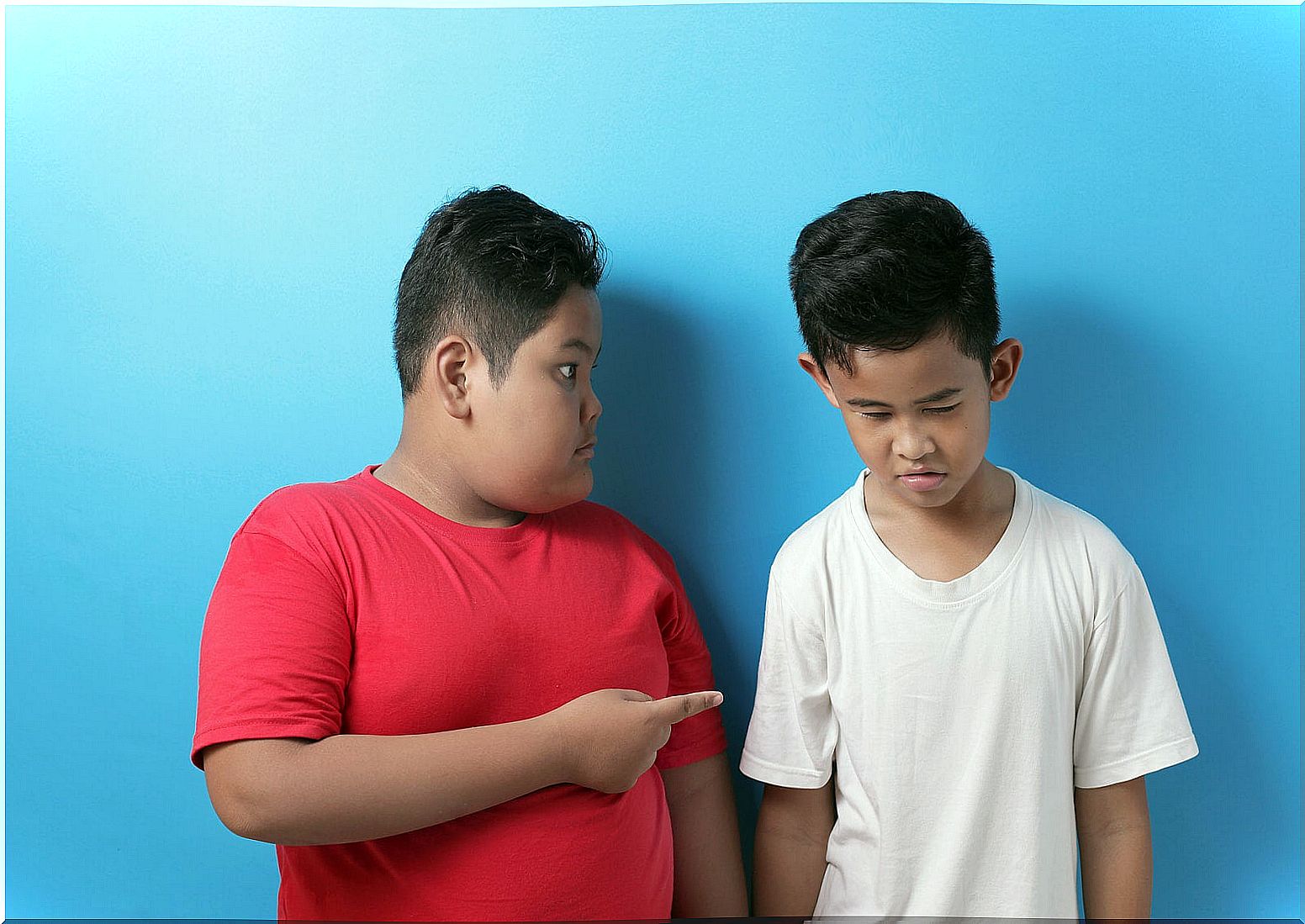
Tell him that he is a special, unique and unrepeatable person
We are all different, but unique. There is no one better than another, neither for what he has nor for what he is.
Teach him to assume assertive behavior
Every time you receive the nickname, you must act assertively, be unaffected, and have the mental fortitude to convey to your colleagues that you don’t like the nickname and please stop doing it. Use a calm but firm tone of voice.
Give you confidence to turn to us if you need help
If, despite implementing the strategies we have given you to deal with these behaviors, you have not managed to stop them, we have to let you know that you have our help and that you can always trust us.
Help you build your self-esteem
Most nicknames are used to highlight something particular about the physical appearance of the person or child who receives it. For this reason, it is important that we make the little ones understand that their character and way of being go far beyond their physical appearance to strengthen their self-esteem.
On nicknames in children as a form of bullying
Now you know how nicknames in children can end up becoming a form of bullying and what parents can do to improve this situation or realize if nicknames are part of a joke or something more harmful.
It is very important to be attentive to any change in our child’s behavior that may be indicating that something is wrong and, above all, to communicate with him, as this is the fundamental basis for being able to help him.
